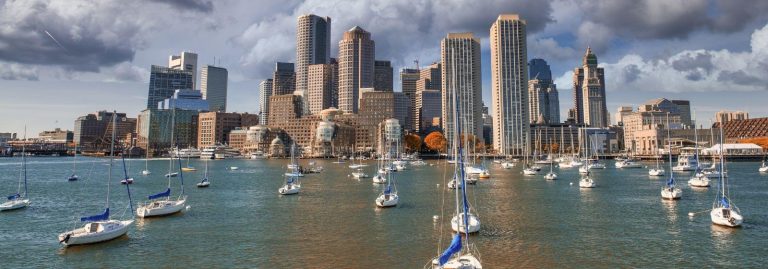Massachusetts, a state steeped in history and culture, has been a hub for artistic expression and musical innovation for centuries. From intimate gatherings in colonial taverns to the grand spectacles of modern arenas, the history of concerts in Massachusetts is a vibrant tapestry woven with the threads of diverse genres and influential performers. This article delves into the evolution of concerts in the Bay State, tracing the roots of communal music experiences from the colonial era to the present day.
Colonial beginnings
The history of concerts in Massachusetts can be traced back to its colonial roots, where music played a pivotal role in community life. In the 18th century, colonial towns like Boston and Salem witnessed the emergence of musical gatherings in taverns and public spaces. These events often featured local musicians playing traditional tunes, setting the stage for the communal spirit that would characterize Massachusetts concerts for generations.
The 19th century: halls and orchestras
As Massachusetts grew, so did its appetite for more sophisticated musical experiences. The 19th century saw the construction of grand concert halls, such as Boston’s famed Music Hall (now known as Symphony Hall). These venues provided a platform for both local and international performers, attracting renowned musicians and orchestras from around the world.
The Boston Symphony Orchestra, founded in 1881, became a cornerstone of the state’s musical identity. Its performances not only showcased classical masterpieces but also introduced audiences to the works of emerging composers. The orchestra’s success paved the way for other cities in Massachusetts, such as Worcester and Springfield, to establish their own symphony orchestras and contribute to the rich musical landscape of the state.
Jazz and blues: a cultural resonance
In the early to mid-20th century, Massachusetts became a breeding ground for jazz and blues talent. Boston, in particular, emerged as a hotspot for these genres, with legendary clubs like the Storyville and Wally’s Café providing stages for iconic performers such as Duke Ellington, Billie Holiday, and Charlie Parker. These intimate venues played a crucial role in the evolution of American jazz, leaving an indelible mark on the state’s musical legacy.
The folk revival and coffeehouse culture
The 1960s ushered in a new era of musical expression in Massachusetts, marked by the folk revival and the rise of coffeehouse culture. Cambridge, home to iconic venues like Club 47 (now Club Passim), became a focal point for folk musicians, including luminaries like Joan Baez and Bob Dylan. These intimate spaces fostered a sense of community, providing a platform for emerging artists to share their voices and connect with audiences on a personal level.
Rock and roll’s revolution
The latter half of the 20th century witnessed the explosive rise of rock and roll, and Massachusetts played a significant role in this musical revolution. Iconic rock venues like the Boston Tea Party and the Orpheum Theatre became stomping grounds for legendary bands like The Rolling Stones, Led Zeppelin, and The Who. The electrifying energy of these concerts resonated with a new generation, solidifying Massachusetts as a crucial stop on the rock and roll circuit.
Festivals and outdoor concerts
The spirit of communal music experiences expanded beyond traditional venues in the latter part of the 20th century. Massachusetts became a host to numerous music festivals, ranging from the Newport Folk Festival to the Boston Calling Music Festival. These events drew music enthusiasts from far and wide, celebrating diverse genres and fostering a sense of unity through the universal language of music.
Modern concert landscape
In the 21st century, Massachusetts continues to be a vibrant hub for live music. Iconic venues like the TD Garden in Boston and the Xfinity Center in Mansfield host a diverse array of artists, from pop sensations to indie darlings. The state’s commitment to fostering a rich musical culture is evident in the myriad of small clubs, theaters, and outdoor spaces that continue to showcase emerging talent alongside established performers.
Conclusion
The history of concerts in Massachusetts is a testament to the state’s enduring passion for music and the arts. From the colonial taverns of the 18th century to the modern arenas of today, the Bay State has been a cradle of musical innovation and cultural expression. As Massachusetts continues to evolve, so too will its musical landscape, ensuring that the harmonious journey of concerts in the state remains a dynamic and integral part of its cultural heritage.






